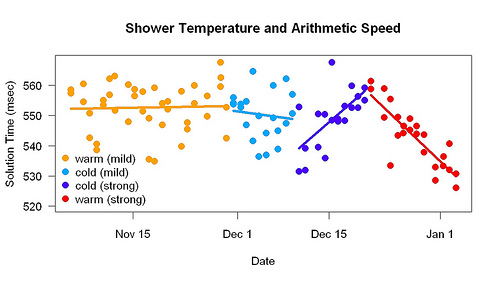A Chinese friend of mine said that if you are at a high level in the Chinese government, you have a great deal of freedom. Below that level, however, you have very little freedom: You spend all your time doing exactly what your bosses want. And you have no idea how long the slavery will last. American government is different, she said. High American officials have less freedom than those outside government. I agree.
My friend disliked Obama because he constantly spoke about big ideals (“liberty” and so on) that my friend thought were very difficult to achieve. In other words, he constantly made promises that he was not going to be able to keep. She noted Obama’s inexperience and said that people in other areas of government are very smart and would outmaneuver him. (Exhibit 1: Goldman Sachs.) This doesn’t happen in the Chinese government because the people at the top are very old and have come up through the ranks, all the way from the bottom. Because of that long experience, they better understand how to get the rest of the government to do what they want.
In China, rich people fear the government. They must do what the government wants or they will be squashed. In America, she said, rich people do not fear the government. If anything, they tell the government what to do. I agree. Many people, such as Hayek and Milton Friedman, want less government. But I have yet to hear one of them answer the point that if government becomes too weak, rich people will control it.
